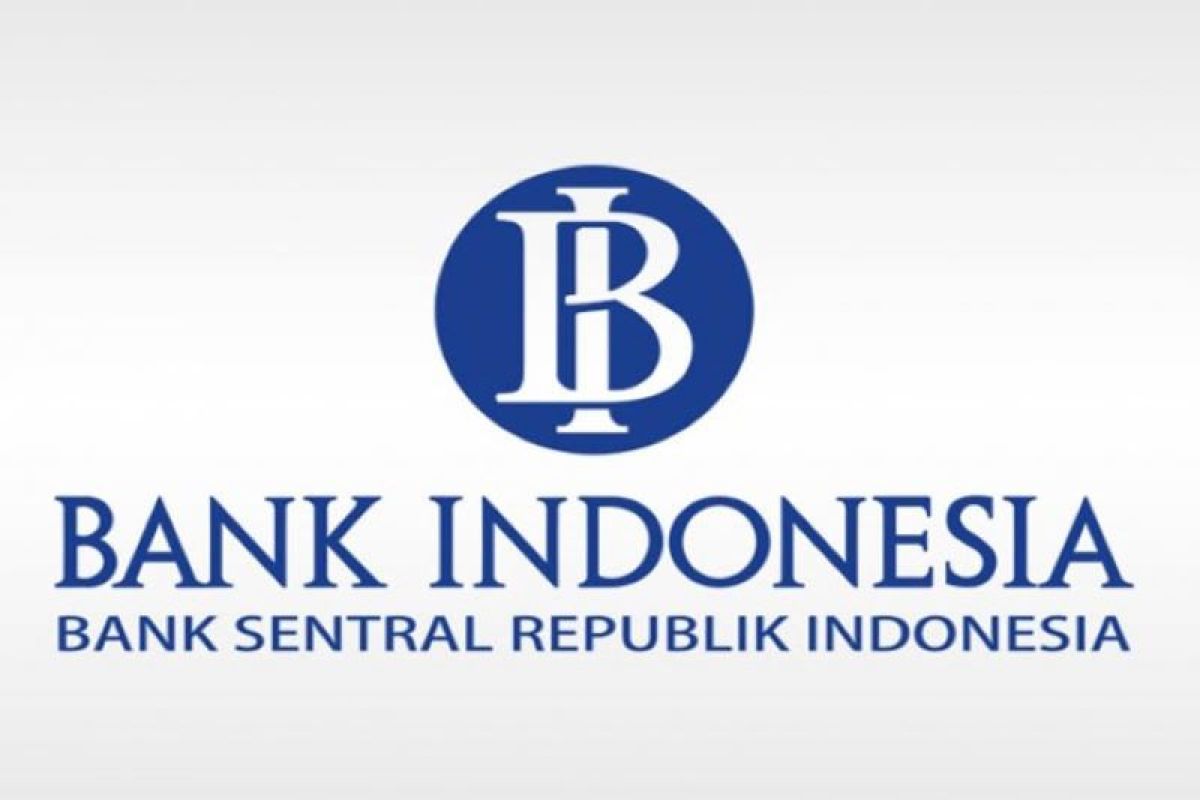The fourth quarter (Q4) deficit in 2018 had reached $9.2 billion, increasing from $5.5 billion in the first quarter of 2018.
BI's Executive Director of Communication Onny Widjanarko pointed to a sharper drop in imports as compared to exports in the initial half of 2019 and was a contributing factor to the lower deficit.
"The drop (in imports) is in accordance with the government's policy to curb the imports of some commodities since 2018-end," he explained.
A country’s current account records its international balance in goods, services, and investment income as well as net earnings on cross-border investments and net transfer payments.
It indicates the flow of foreign exchange and can serve as a guideline for investors to make an investment in a country and determine the currency rate movement.
BI witnessed that the country's balance in services switched to a deficit after it ran a lower surplus in the travel sector following a drop in the number of seasonal foreign travelers and a similar downward movement in import freight.
In the meantime, the balance in capital and financial accounts in the first quarter of 2019 had registered a $10.1 billion surplus on the back of positive investor perception of the Indonesian economy.
Foreign capital flowed in after the risk of global financial market uncertainty lowered.
"Nonetheless, a surplus recorded in capital and financial transaction in Q1 of 2019 was yet lesser than the previous quarter due to payment of the government's global bonds that had reached maturity," Widjanarko noted.
The records have facilitated Indonesia in registering a $2.4 billion balance of payments surplus in Q1 of 2019.
Translator: Indra Arief P, Sri Haryati
Editor: Rahmad Nasution
Copyright © ANTARA 2019












